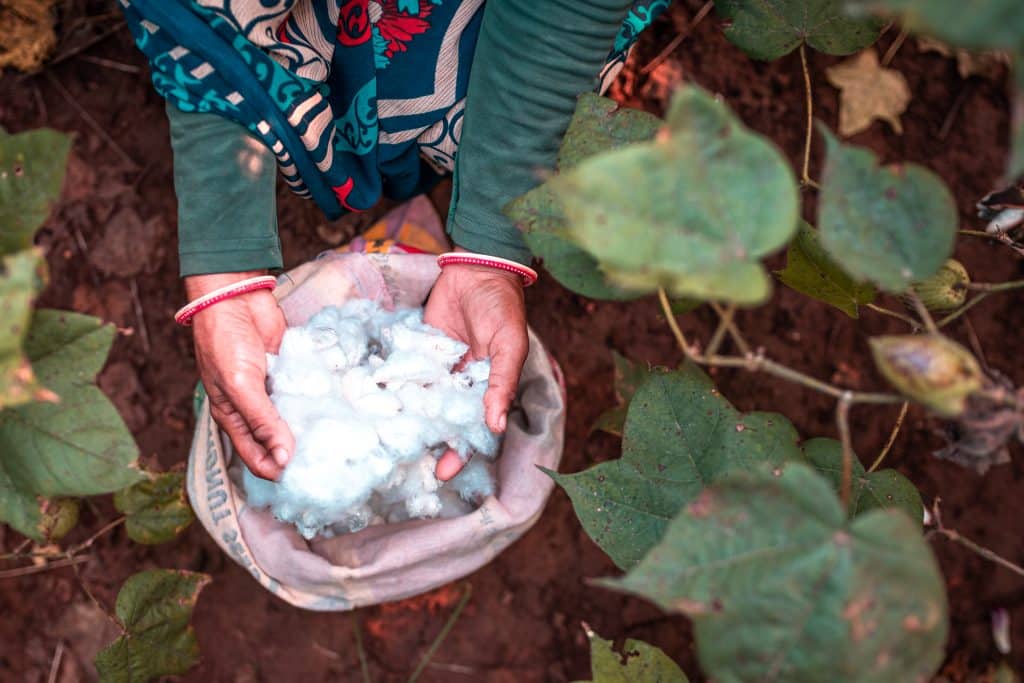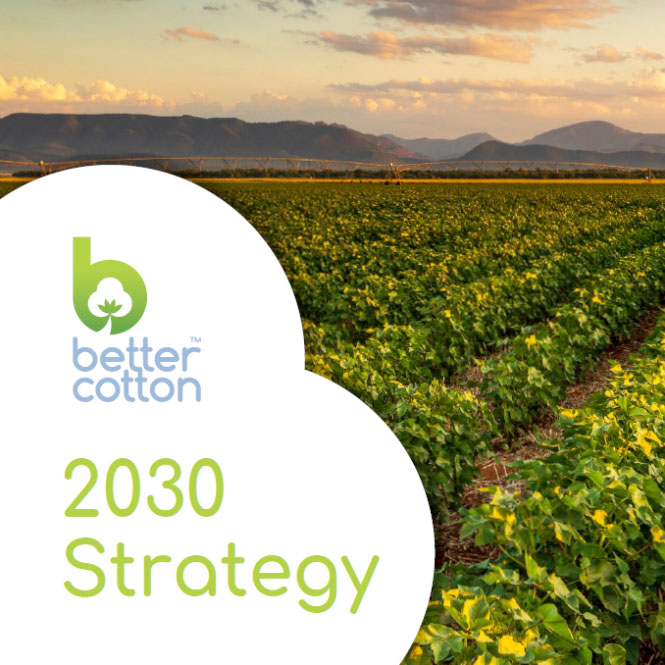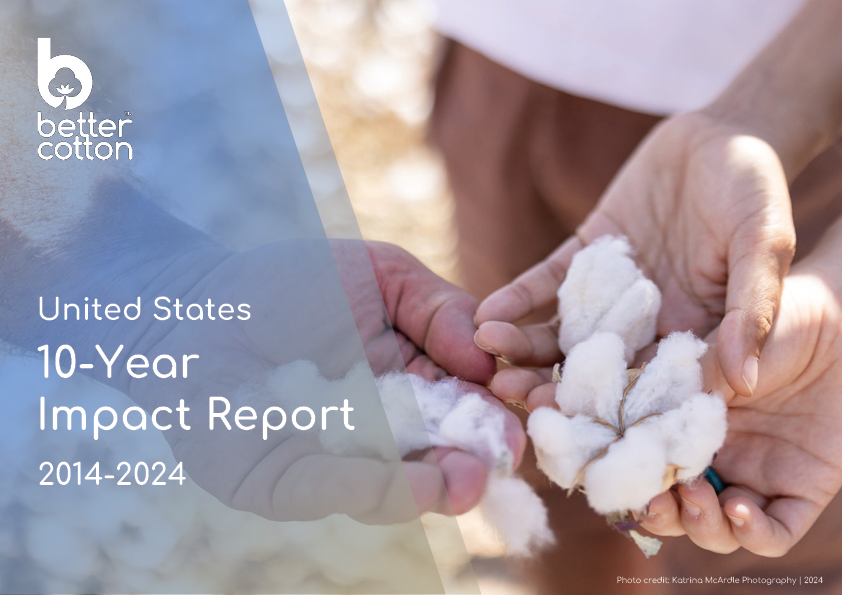- Who we are
- What we do
In just over 10 years we have become the world’s largest cotton sustainability programme. Our mission: to help cotton communities survive and thrive, while protecting and restoring the environment.
- Where we grow
Better Cotton is grown in 22 countries around the world and accounts for 22% of global cotton production. In the 2022-23 cotton season, 2.13 million licensed Better Cotton Farmers grew 5.47 million tonnes of Better Cotton.
- Our impact
- Membership
Today Better Cotton has more than 2,700 members, reflecting the breadth and diversity of the industry. Members of a global community that understands the mutual benefits of sustainable cotton farming. The moment you join, you become part of this too.
- Associate Membership
- Civil Society Membership
- Producer Organisation Membership
- Retailer and Brand Membership
- Supplier and Manufacturer Membership
- Find Members
- Member Monitoring
- Better Cotton Platform
- myBetterCotton
- Resources – Better Cotton Conference 2022
- Complaints
- Whistleblowing
- Safeguarding
- Get Involved in the Better Cotton Programme
- Thank you for contacting us
- Better Cotton’s Data Privacy Policy
- Log in
- Members’ Area
- Request for Proposals
- Better Cotton Cookie Policy
- Web Reference
- Measuring Cotton Consumption
- How to Implement the Chain of Custody Standard
- Resources – Better Cotton Conference 2023
- Certification Bodies Old
- Latest
- Sourcing
- Latest
The founding premise of Better Cotton is that a healthy sustainable future for cotton and the people that farm it is in the interests of everyone connected with it.
Let us help you find what you’re looking for
Results for {phrase} ({results_count} of {results_count_total})Displaying {results_count} results of {results_count_total}

A new study from the International Institute for Sustainable Development (IISD), exploring voluntary sustainability standards in the cotton sector in South Asia, has encouraged the region’s cotton sector to accelerate its adoption of voluntary sustainability standards (VSS) such as Better Cotton.
IISD’s mapping of VSS criteria and market potential found that initiatives operating in the region, including Better Cotton and Fairtrade, can help address issues around pest management, water stewardship, and farmers’ incomes. These three issues all fall under Better Cotton’s key impact areas, alongside soil health, greenhouse gas emissions, biodiversity & land use and climate change.
The report, produced as part of IISD’s ‘State of Sustainability Initiatives’ research, focused on the cotton sector in India, Pakistan, Bangladesh and Sri Lanka, countries where cotton represents a crucial sector. It noted that various studies have shown that the implementation of VSSs’ requirements, such as the Better Cotton Principles and Criteria, has led to improvements in agrochemical use, water conservation, and the incomes of South Asian cotton farmers.
The report also highlighted the potential for growth in the region. From 2008 to 2018, South Asia contributed around 30% to global cotton lint production, and the report found significant market potential for VSSs operating in the cotton sector, estimating that Better Cotton alone has the potential to further expand cotton lint by 5.8 million tonnes based on 2018 South Asian production figures.
To read the full report, head to the International Institute for Sustainable Development’s website.


